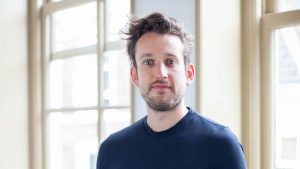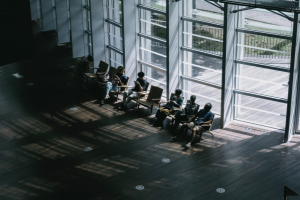Among 15-year-olds, boys generally report higher life satisfaction than girls. But recent studies found that this gap is bigger in countries with greater gender equality. Because this finding is somewhat counter-intuitive, a new study has set out to find out what explains this gap.
The answer may be explained by a side effect of greater freedom for women. The researchers found that with increased opportunities in life and in the labor market, also comes an increase in feelings of competitiveness and the fear of failure. And they found that girls are, on average, less competitive than boys and fear failure more than boys – especially in gender-equal societies – which seems to account for quite a big chunk of the gender difference in life satisfaction. And it comes as no surprise that this meritocracy has a negative impact on people’s mental health.
While this study might reveal some obstacles for women, it can also guide them towards some solutions. To increase women’s life satisfaction as a customer or – maybe even more importantly – as an employee, it could be beneficial to avoid emphasis on competition and choose to focus on collaboration instead.

Author
Douwe Knijff











